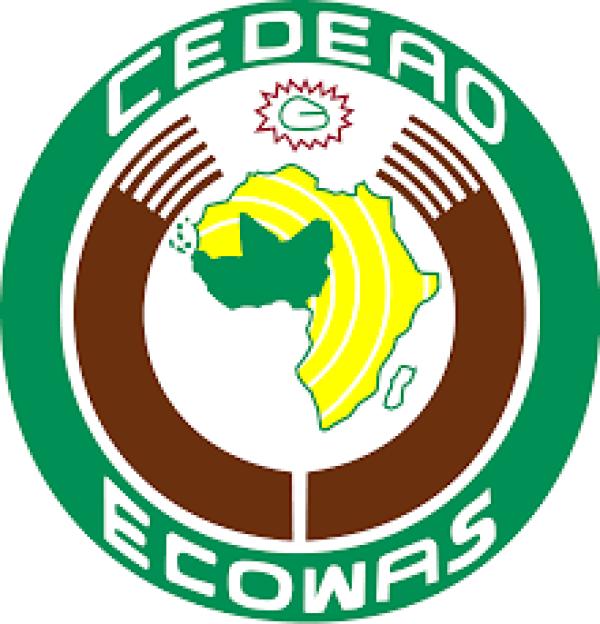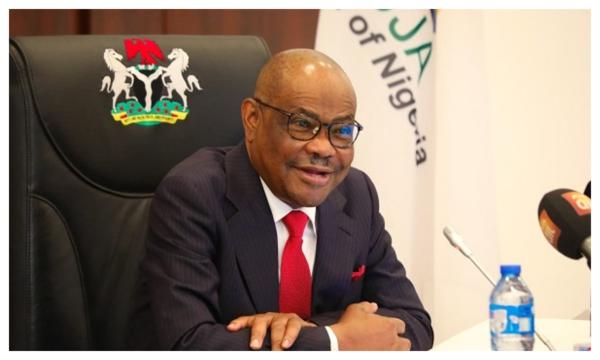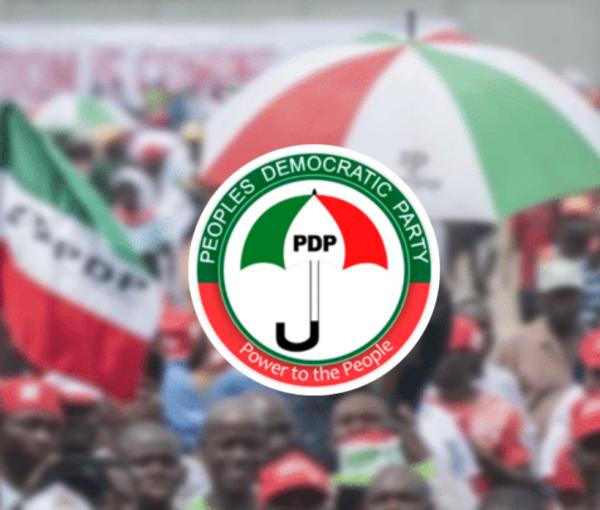
Micro, small and medium-sized enterprises (MSMEs) under the aegis of the Economic Community of West African States (ECOWAS) and African Continental Free Trade Area (AFCTA), will soon enjoy the outcome of the recent reforms discussed by the International Trade Centre (ITC) and European Union (EU).
ITC, a United Nations agency dedicated to small business trade, assisting small and medium-sized enterprises in developing and transition economies to become more competitive in global markets, thereby contributing to sustainable economic development within the frameworks of the Aid-for-Trade agenda and the United Nations' Sustainable Development Goals, has recently provided insights into the proposed policy options and reforms to representatives from regional business associations in the Economic Community of West African States (ECOWAS).
These insights included the benefits of competition from the perspective of micro, small, and medium-sized enterprises (MSMEs), and how robust competition laws and policies can create a level playing field for businesses.
The International Trade Centre is the joint agency of the World Trade Organization and the United Nations. ITC assists small and medium-sized enterprises in developing and transitioning economies to become more competitive in global markets, thereby contributing to sustainable economic development within the frameworks of the Aid-for-Trade agenda and the United Nations' Sustainable Development Goals.
The policy reforms, outlined in a position paper titled "Policy and Legal Options to Promote MSMEs under the ECOWAS and AfCFTA Competition Frameworks" was during a workshop in collaboration with key stakeholders and funded by the European Union (EU).
According to a press release obtained by CEOAfrica, the workshop took place as part of ITC's West Africa Competitiveness (WACOMP) programme, which supports selected value chains at national and regional levels and promotes structural transformation and better access to markets.
Participants at the workshop included the Federation of West African Employers Association (FWAEA), the Federation of West African Chambers of Commerce and Industry (FEWACCI), the Federation of West Africa Manufacturers Associations (FEWAMA), and the Federation of Business-Women and Entrepreneurs (FEBWE), among others.
ITC’s WACOMP programme is financed by the European Union under the 11th European Development Fund.
The programme aims to strengthen the competitiveness of West African countries and enhance their integration into the regional and international trading system.
Under the WACOMP, ITC works in cooperation with UNIDO and under the overall guidance of the ECOWAS Commission.
The overall objective of the programme is to strengthen the competitiveness of West Africa through an enhanced level of production, transformation and export capacities of the private sector in line with regional and national industrial and MSME strategies.
At the workshop that covered business associations, the paper also included several recommendations to promote MSMEs through legal provisions, by granting them blanket exemptions from competition rules to alleviate administrative burdens; bid-rigging provisions and joint-bidding facilitation, by explicitly prohibiting bid rigging within the ECOWAS competition framework, thereby distinguishing between serious and non-serious bid rigging, and providing exemptions for MSMEs involved in non-serious bid-rigging; and AfCFTA Protocol on Competition and Procurement, by developing specific provisions on public procurement within the AfCFTA Protocol on Competition to support harmonization.
Also, the two-day workshop focused on feedback and the paper's revised version, followed by its validation; and a roundtable for policy dialogue session with the ECOWAS commission was held.






















